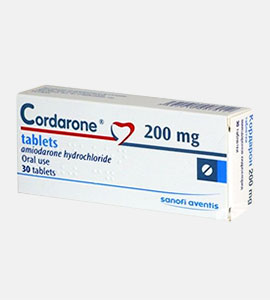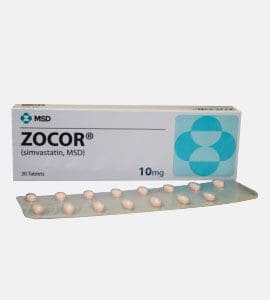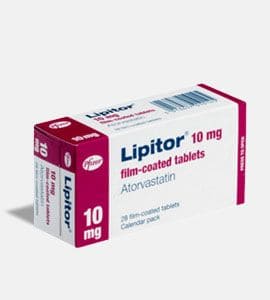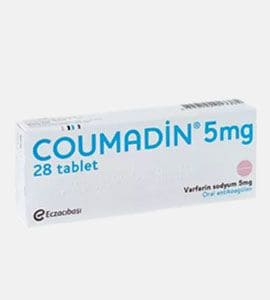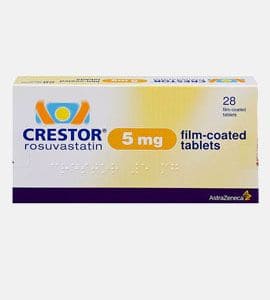Common use
Antihypertension drug (decreasing blood pressure) belongs in a class of drugs called angiotensin-converting enzyme (ACE) inhibitors. Suppressing synthesis of angiotensin II it diminishes its vasoconstrictor activity (blood vessel narrowing) and its stimulating influence on secretion (excretion) of aldosterone. The medication facilitates the activity of renin in blood plasma and inhibits metabolism (destruction in organism) of blasticidin. This medication also decreases total resistance of peripheral blood vessel system. Treatment with ACE inhibitors is particularly beneficial to people with congestive heart failure. The drug is also administered in hypertension, congestive heart failure, prophylactic of sudden death after myocardial infarction.
Dosage and direction
The usual dose of Altace is 2.5-20 mg a day as a single dose or two divided doses is taken in mornings with a glass of water. Patients taking diuretics or ones with renal artery stenosis may require lower doses as well as people whose age exceeds 65 y.o.
Precautions
Alcohol may lower your blood pressure and this way it increases some of the side effects of Altace. Do not use salt substitutes or potassium supplements while taking this medication. In all cases first, consult your doctor before taking this drug.
Contraindications
hypersensitivity, stenosis of kidney artery, condition after kidney transplantation, aorta constriction, non-inflammatory heart diseases of uncertain or disputable origin leading to its enlargement, pregnancy, breath-feeding, severe kidney disorders, liver failure. Infants how are younger 14 y.o. For drivers and other employees who work requires high concentration of attention should be treated carefully with this medication.
Possible side effect
Kidney failure and increased levels of potassium in the blood, hypotension, collapse, heart arrhythmia are serious side effects of the Altace. Altace generally is well tolerated, and side effects are transient. Persistent dry cough, abdominal pain, constipation, diarrhoea, rash, dizziness, fatigue, headache, loss of taste, loss of appetite, nausea, vomiting, fainting and numbness or tingling in the hands or feet were marked among them.
Drug interaction
The use of ACE inhibitors with potassium supplements, salt substitutes or diuretics that increase potassium in the blood can cause excessive potassium levels. Concomitant use of ACE inhibitors with these drugs require monitoring of potassium levels. Aspirin and other non-steroidal anti-inflammatory drugs (NSAIDs) may reduce the effects of ACE inhibitors.
Missed dose
Never take a double dose of this medication. If it is almost time of the next dose just skip the missed portion and continue to take the medicine according to the schedule.
Overdose
Symptoms of an Altace overdose are extreme dizziness or fainting. If you experience these symptoms call your doctor immediately.
Storage
Tablets and capsules should be stored at room temperature 15-30 C (59-86 F).
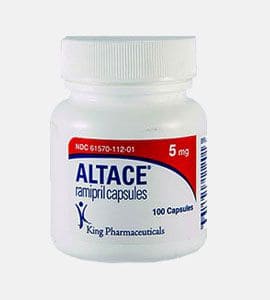

 English
English
 Deutsch
Deutsch
 Español
Español
 Français
Français
 العربية
العربية
 Čeština
Čeština
 Italiano
Italiano
 GBP
GBP


